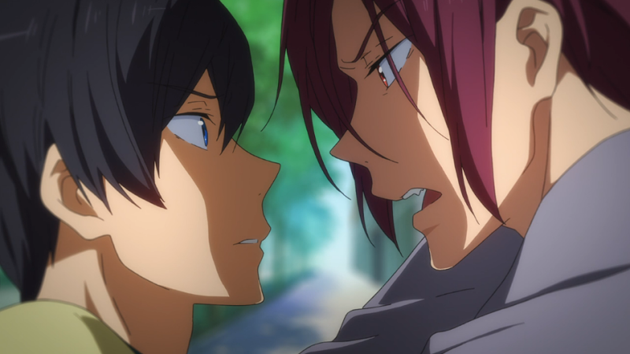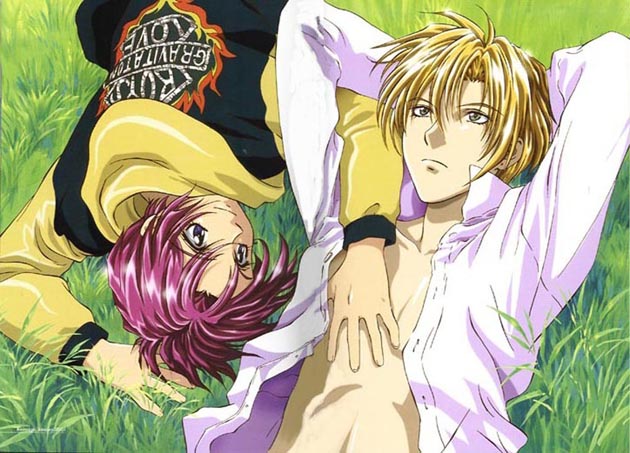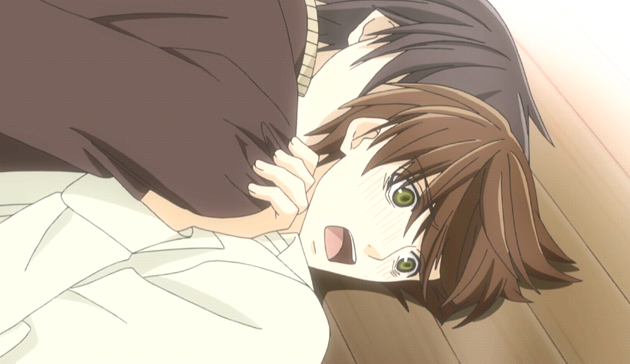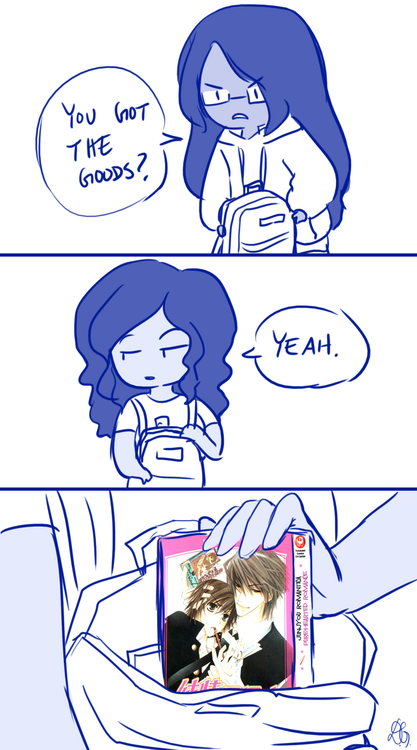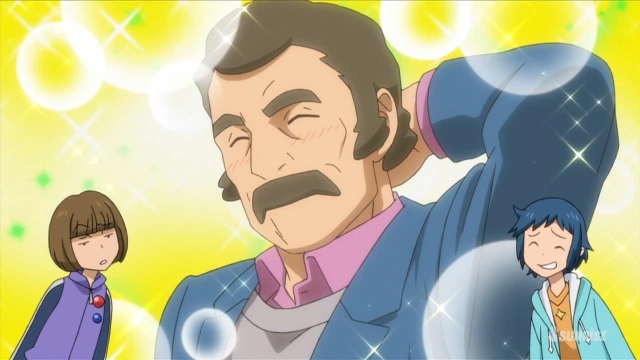- How Homestar Runner changes Web series for the better. I remember when I discovered Homestar in 10th grade. It’s great that, unlike other Flash videos I watched back then (ThreeBrain, We Drink Ritalin), this gem wasn’t forgotten.
- Or maybe the Internet never forgets. The Miami New Times just checked in with “Loli-chan,” 4chan’s youngest camgirl. She’s now 20!
- Here’s a fresh, funny strategy for reviewing a new season of anime. It’s almost like watching a comedy AMV. NSFW for panty-shots.
- I don’t usually link public policy articles, but this one is an exception. Juggalo society as an empowering restructure of America’s lower class. In case you forgot, I’ve got a long-running obsession with Juggalo fandom.
- Why do you read anime blogs? Deremoe did a survey on that question, among several others, and shared their stats.
- Yuricon writes about the one important thing about manga licensing that fans don’t understand. I didn’t understand this either until I read her article.
- “What do you find sexy about Magic: The Gathering?” This Glamour Magazine article is 2 years old and I’m still laughing about it. The final guy interviewed, Brian Kibler, is actually one of the top ranked players alive.
(Illustration via HomeStarRunner.com.)


